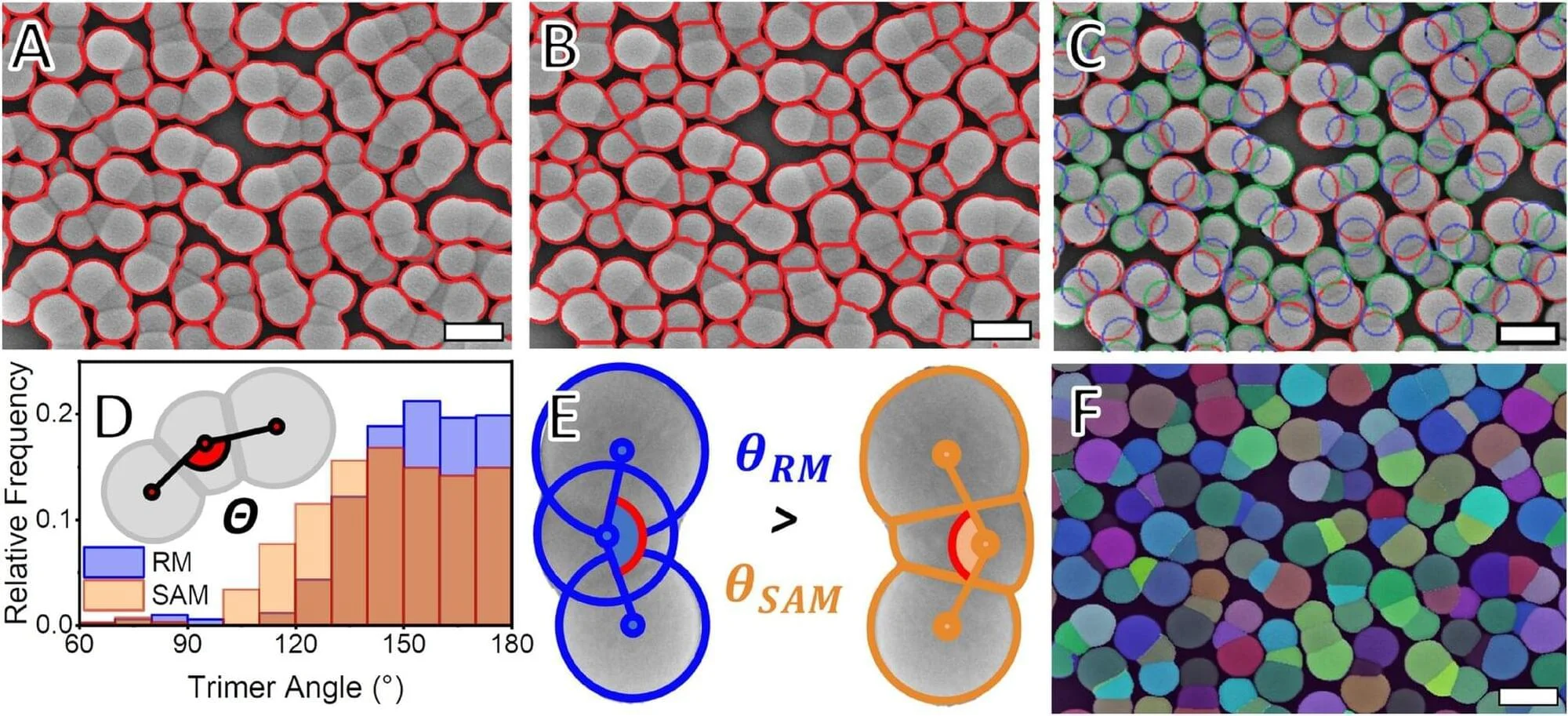AI revolutionizes Nanoparticle counting and speeds up synthesis process. Nanoparticle researchers spend most of their time on one thing: cou...
 |
| AI revolutionizes Nanoparticle counting and speeds up synthesis process. |
Alexander Wittemann is a professor of colloid chemistry at the University of Konstanz. He and his team repeat this process every day. "When I worked on my doctoral thesis, we used a large particle counting machine for these measurements. It was like a cash register, and, at the time, I was really happy when I could measure three hundred nanoparticles a day," Wittemann remembers. However, reliable statistics require thousands of measurements for each sample. Today, the increased use of computer technology means the process can move much more rapidly. At the same time, the automated methods are very prone to errors, and many measurements still need to be conducted, or at least double-checked, by the researchers themselves.
A correct count -- even with complex particles During the coronavirus pandemic, good fortune brought Wittemann into contact with his doctoral student Gabriel Monteiro, who not only has knowledge of programming and AI, but also has connections to computer scientists. Wittemann and Monteiro developed a program based on Meta's open source AI technology "Segment Anything Model." The program enables the AI-supported counting of nanoparticles in a microscopic image and the subsequent automatic measurement of each individual particle.
 |
| A reliable AI system assists with making nanoparticle measurements to speed up research. |
In addition to this, the AI measurements are not only more efficient, but also more reliable. The AI method recognizes the individual fragments more accurately and measures them more precisely than other methods -- even those conducted by humans. As a result, subsequent experiments can be adapted and carried out more precisely, which leads to the faster success of the test series.
The research team has published the new AI routine as well as the required codes and data from the study Open Access on Git-Hub and KonData for other researchers to use and discuss.




